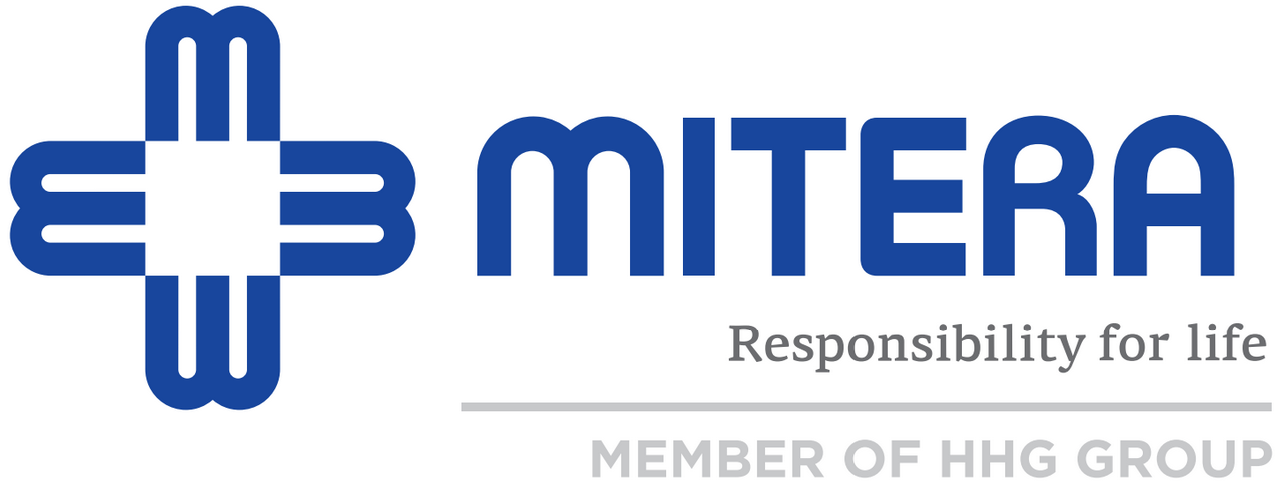Baby swimming. Is it a good or a bad idea?
The programme is addressed to parents and babies and exercises are taught by a specially trained tutor on a pool filled with hot water (30-32°C) of low depth.
Written by
Evaggelia Garou
Paediatrician
Scientific Partner of MITERA Children’s Hospital
Baby swimming programmes help babies to get familiarised with water and develop self confidence through their participation in safe and funny activities in the pool. Various studies have shown that these activities can lead to the development of basic swimming skills that ensure babies’ safety in the water. This is done through games, exploration and encouragement. Water is familiar to babies due to their stay in the womb.
Swimming helps children to adjust to their surrounding environment, have courage and high level of self-confidence resulting, thus, to more independent individuals. Their immune system is strengthened and their sleep becomes pleasant and relaxed since water helps them to adjust their muscle tone and relaxes them. Parents’ participation strengthens the parent-child relationship and the presence of other babies increases sociability and intelligence. Babies at the age of 4-6 months can start baby swimming lessons.
Various studies have shown that babies born from mothers with an allergy or asthma history that started baby swimming lessons on an earlier age than 6 months have an increased risk to develop wheezing. Earlier studies have shown that there could be a relation between baby swimming and respiratory problems in children.
Chlorinating products used for the disinfection of pools in combination with nitrates from sweat, saliva and urine result to dangerous sub-products such as chloramines which are water soluble compounds. Another sub-product is nitrogen trichloride (trichloramine) that is a water-insoluble gas and smells like chlorine. Trichloramine is released in the atmosphere and its accumulation at indoor pools is thought to be responsible for damages to the bronchial epithelium resulting to asthma and recurrent bronchitis especially in atopic children. However there are various alternative disinfection techniques such as ozone that are not considered as harmful.
Useful Instructions and Advice:
- Be sure that the swimming pool follows proper disinfection rules in order to minimise infection possibilities.
- Be sure that the water temperature varies between 30 and 32°C.
- Swimming duration is not long.
- The child should wear a special waterproof nappy.
- The child should not swim if he presents symptoms resembling a flu or gastroenteritis.
- In the case that the child has recurrent otitis when swimming it is advisable to rethink about its participation in baby swimming lessons.
- If the baby swallows large amounts of water please consult your doctor because this can lead to hyponatremia, water intoxication and seizures.
- Have fun during the lesson but keep in mind that you should be in constant alert since your child is not safe and does not know how to swim.
Baby swimming (baby and infants swimming) is a programme aiming to instruct and develop basic swimming skills through fun and games.


